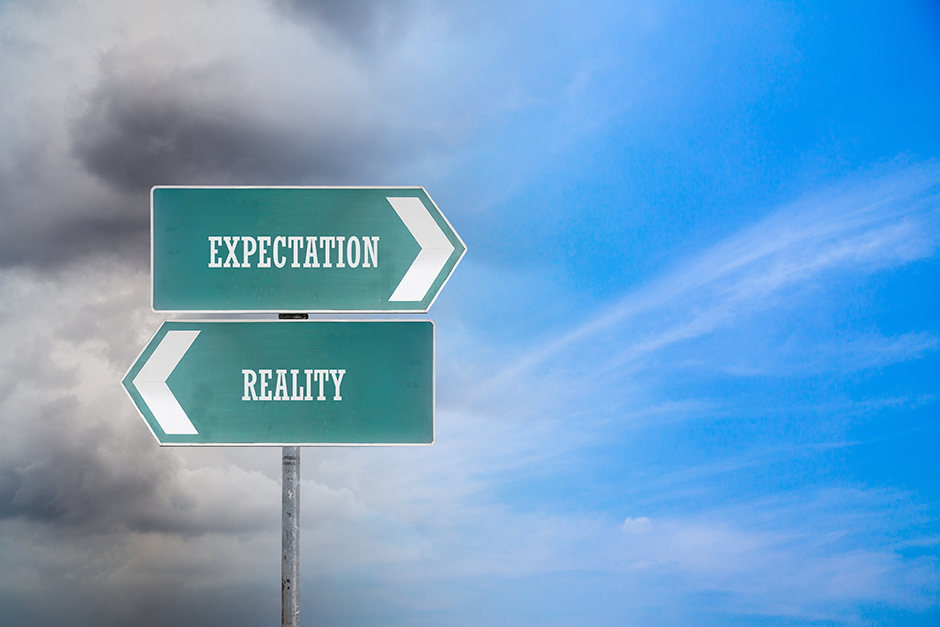Many psychology studies aim to understand what drives positive and negative human emotions and how expectations play a role in those reactions. Yet most of the studies analyze the prediction error, or the difference between what was expected and what happened in a laboratory setting, where study participants don't have much at stake.
Departing from that norm, researchers at the University of Miami used something college students deeply care about—their grades—to investigate the ups and downs of human emotion and expectations.
For their study published in the Journal of Experimental Psychology: General, the researchers observed and collected data on the expectations and emotions students in an introductory psychology course had about the grades they received and found their expectations guided their emotions.
“This study had many critical features to it because we were able to know what happened when it came to their grades,” said principal investigator Aaron Heller, an assistant professor in the Department of Psychology. “And we also knew that the course was important to the students, and we knew when they would receive their grades.”
For the study, students consented to share their feelings about their grades by interacting with a smartphone text messaging assessment system that was able to capture their expectations and emotions before and after receiving their grades. The researchers gathered the data via the software by sending questions that asked how the students were feeling that day—happy, anxious, or sad. The text messages were sent repeatedly over several hours.
The researchers found that positive and negative emotions weren’t necessarily driven by the grades the students received but by what they expected to receive.
“What drives the emotional reaction is where that grade lines up with what they expected to receive,” said William Villano, a graduate student working in Heller’s lab. “We found that prediction errors, in this case, are much stronger drivers of emotional responses in these students than just the grade they got on a final exam.”
In essence, the study presents evidence that in day-to-day life, feelings of elation or disappointment are due, in part, to how much our expectations differ from what actually happens. In addition, the researchers also noticed how feelings of unhappiness lasted longer than feelings of happiness.
“Overall, it was surprising how long students experienced negative emotions over positive emotions from the unexpected outcomes related to their grades,” said co-author Ross Otto, an assistant professor in the Department of Psychology at McGill University.
Heller adds that the study could lead to a better understanding of how real-world emotional responses are linked to individual differences in depression and anxiety, as well as symptoms of mental health that many students struggle with on a day-to-day basis.
“The study is not suggesting that we should keep our expectations low at all times, but it is saying that it is important to be realistic about our expectations, which can lead to more positive emotions and a positive outlook overall,” said Heller.

